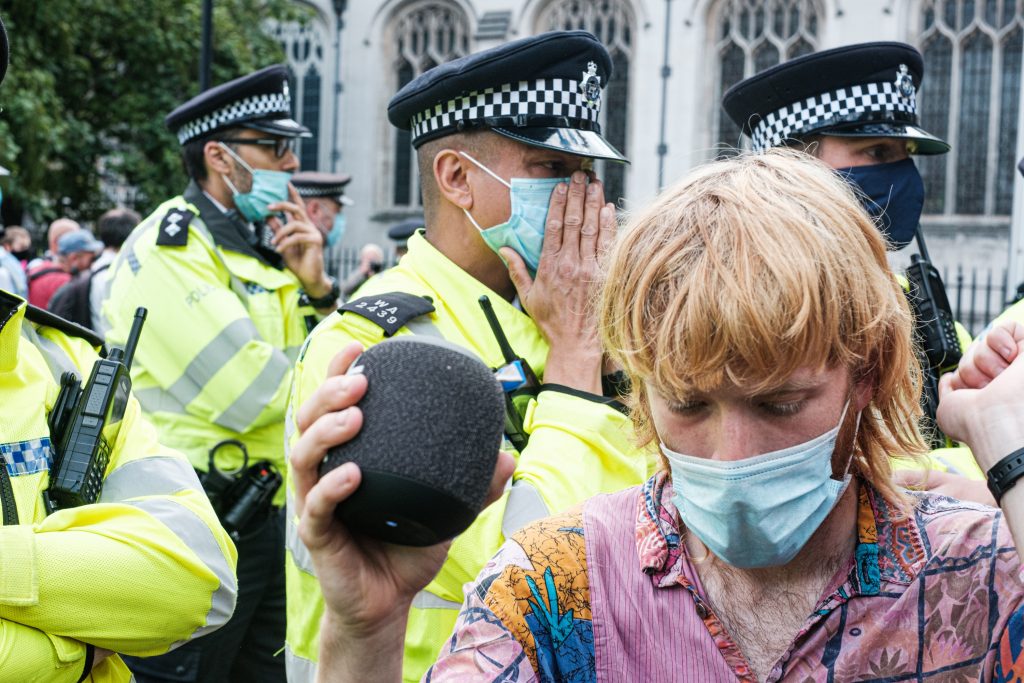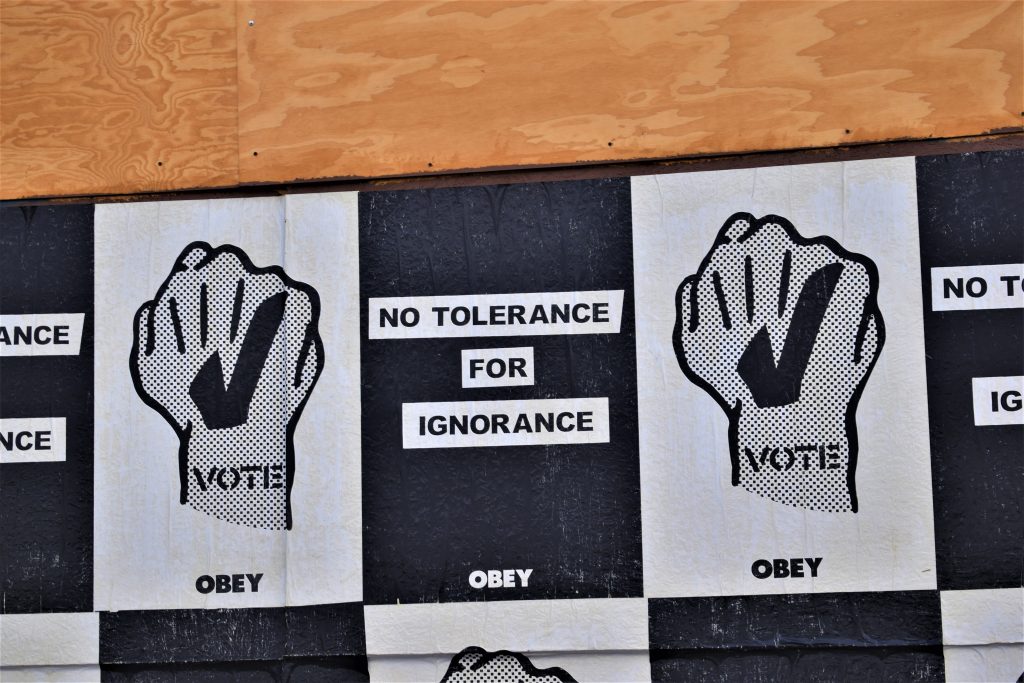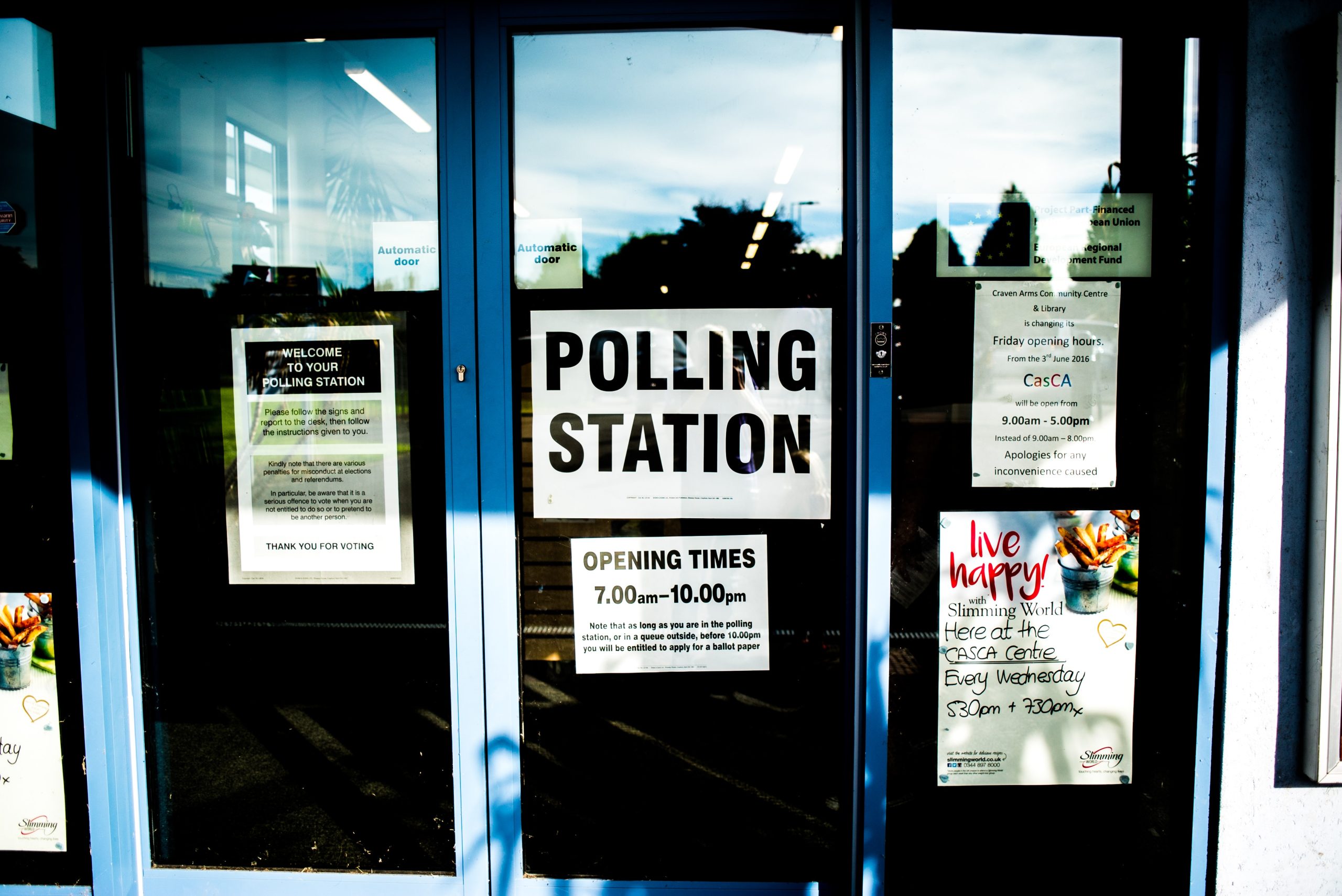Engaging the Electorate:
Political campaigns serve as a dynamic platform for candidates to actively engage with the electorate. Through speeches, rallies, town halls, and debates, candidates have the opportunity to directly interact with voters, fostering a personal connection. This engagement allows candidates to understand the concerns, needs, and aspirations of the people they seek to represent. In turn, voters can gauge the authenticity and competence of candidates, leading to a more informed decision-making process. Engaging the electorate ensures that candidates are not distant figures but relatable individuals who can empathize with the challenges faced by the public.
Informing the Public:
One of the fundamental purposes of political campaigns is to inform the public about the candidates, their backgrounds, qualifications, and policy positions. Campaign teams utilize various communication channels, including television, radio, social media, and printed materials, to disseminate information widely. This information empowers voters to critically assess the suitability of candidates for the office they are seeking. Informed voters are better equipped to vote based on policies and principles rather than on superficial factors or empty rhetoric.
Shaping Public Opinion:
Political campaigns are potent tools for shaping public opinion about candidates and political parties. Through well-crafted messages and targeted advertising, campaigns aim to portray their candidate in a positive light and emphasize the flaws of opponents. Perception matters in politics, and campaigns strategically work to influence how voters perceive the candidates’ characters and abilities. Public opinion can sway rapidly, and successful campaigns can turn the tide of support in favor of a candidate who skillfully connects with the electorate.
Mobilizing Voters:
Perhaps one of the most crucial roles of political campaigns is voter mobilization. Campaign teams work tirelessly to encourage voter registration, turnout, and engagement in the democratic process. They conduct door-to-door canvassing, phone banking, and organize “get-out-the-vote” drives to maximize voter participation on election day. Increased voter turnout enhances the legitimacy of the election results and ensures that the government represents a broader spectrum of the population.
Competing Policy Platforms:
Campaigns are the battleground for competing policy platforms and visions for the future. Candidates present their policy proposals and plans for governance, allowing voters to compare and contrast different approaches to addressing societal challenges. This policy-focused aspect of campaigns fosters healthy debates and encourages candidates to fine-tune their proposals based on public feedback and expert opinions. Voters can then make choices based on which candidate’s policies align best with their values and priorities.

Creating Awareness of Issues:
Political campaigns raise public awareness about pressing issues affecting communities and the nation as a whole. Candidates may spotlight specific problems that are often overlooked, and these discussions stimulate public debate. Through this awareness-raising process, campaigns can foster an informed citizenry that is more engaged in addressing critical societal challenges.
Building Political Momentum:
The success of a campaign can generate political momentum for a candidate or political party. Positive media coverage, enthusiastic rallies, and growing public support can create a sense of momentum that can be contagious. This political energy can have a cascading effect, rallying more supporters and donors, and influencing undecided voters to join the bandwagon.
Media and Public Attention:
During election days, campaigns attract significant media coverage and public attention. This heightened focus on political matters encourages citizens to be more attuned to the electoral process. Voters become more receptive to political discussions and debates, leading to increased civic engagement and interest in public affairs.

Ensuring Accountability:
Campaigns provide a basis for holding candidates accountable for their promises and commitments. Through debates and public appearances, candidates state their policy positions and make pledges to address specific issues. After winning office, citizens can hold them accountable for fulfilling those promises, creating a direct link between campaign rhetoric and governance actions.
Exercising Democratic Rights:
Political campaigns exemplify the essence of democracy, where candidates peacefully compete for public office. Elections give citizens the power to exercise their democratic rights and shape the direction of their government through the simple act of voting. Campaigns fuel civic participation and underscore the importance of individual voices in the democratic process.
Reflecting the Voice of the People:
Campaigns serve as a conduit for citizens to express their concerns and opinions. Candidates actively seek public input, engaging in conversations with constituents during their campaigns. The issues raised during the campaign reflect the collective voice of the people, enabling candidates to address the needs and desires of their electorate more effectively.
Legitimizing Election Outcomes:
The conduct of comprehensive and well-run campaigns contributes to the legitimacy of election outcomes. When campaigns are conducted fairly and without undue interference, the results are more likely to be accepted by all parties involved. A legitimate electoral process ensures stability and a peaceful transfer of power, strengthening the democratic foundation of the nation.
In conclusion, political campaigns play a multifaceted role in the democratic process. They facilitate direct engagement between candidates and the electorate, inform the public about candidates and their policies, shape public opinion, and mobilize voters to participate in the electoral process. Moreover, campaigns create awareness about important issues, build political momentum, and hold candidates accountable for their promises. Ultimately, the exercise of democratic rights during campaigns and elections reflects the true essence of democracy, empowering citizens to shape the future of their nation.

